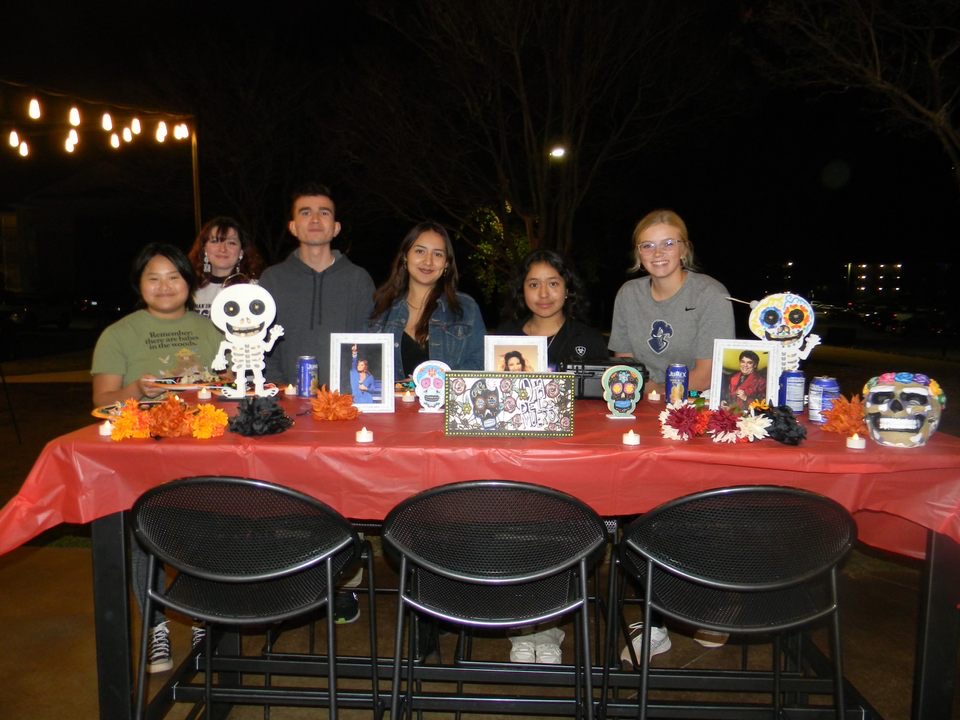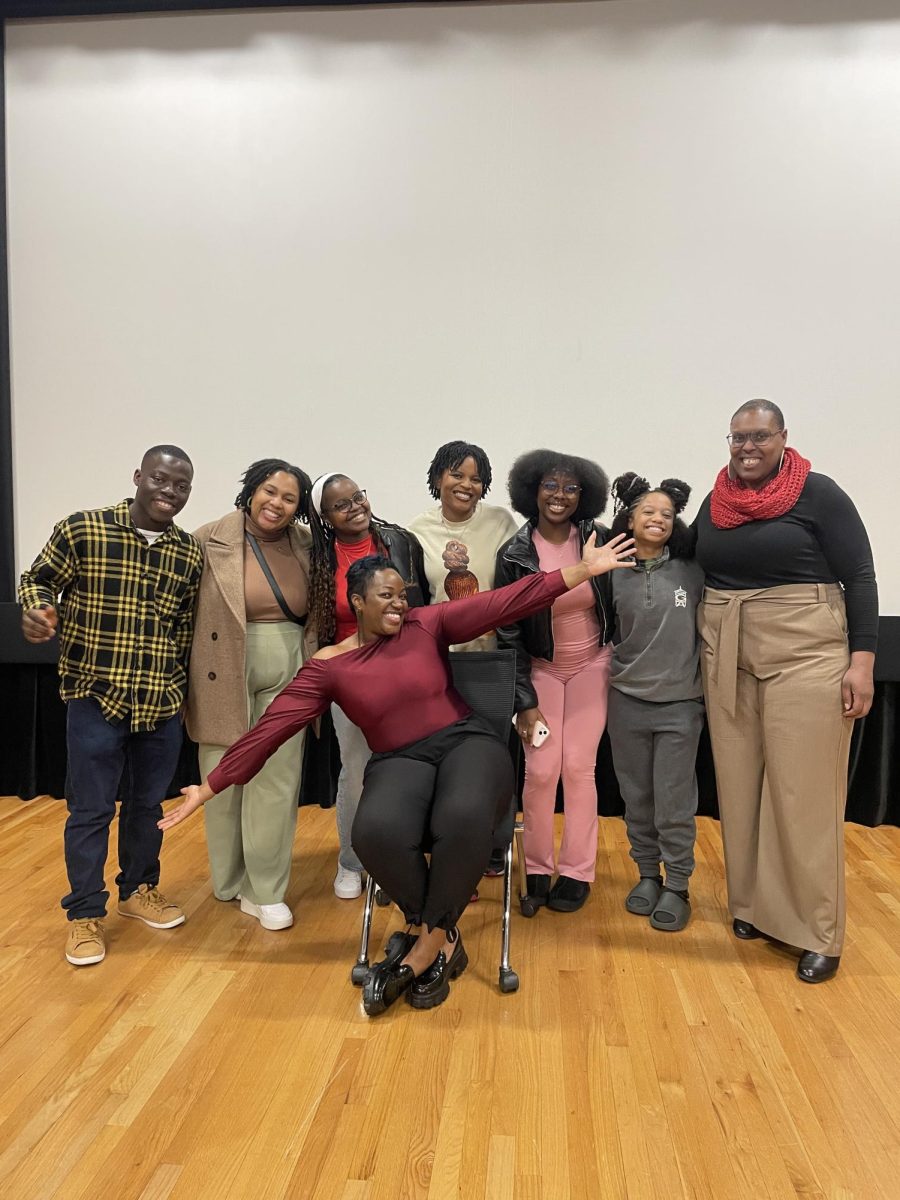Community is an important part of creating a home away from home, which can help with the transition to college life. But what does this mean for Hispanic and Latino students who may struggle to meet others who share their culture? The Hispanic Outreach and Latinx Awareness (HOLA) is a club that bridges this gap to connect Hispanic and Latino students on campus and educate others on their experiences and cultures.
According to HOLA’s secretary, Karla Perales de Leon ‘27, the main purpose of the club is to “(Foster) a community for Hispanics here on campus since there aren’t many (Hispanic students).”
Although HOLA is primarily a safe space for Hispanic and Latino students, it is also a welcoming environment for those outside of the community who wish to experience their cultures and listen to Hispanic and Latino voices.
De Leon notes how there is not a big population of Hispanics and Latinos on campus, but in HOLA, this smaller population of students can be brought together.
“As a Mexican (first-generation student), I don’t see many people who look like me, and having a club where everyone shares a similar experience is very warm and nice,” de Leon said.
She sees HOLA as a way to connect with other students who shared a similar cultural experience. Through her involvement, she hopes to help make other Hispanic and Latino students at Furman feel supported.
At one of the first meetings of the year, a new member shared that as a Honduran, she struggled with feeling like she fit in at Furman. De Leon said she does not remember having someone who was Honduran as a part of the club before, and it excited her to see another country’s culture being included, as well as playing a part in this new member’s adjustment to college life.
“(The new member) was telling me how she felt a little out of place, so I was just glad that she came to HOLA, and she met other people that made her feel welcome, because even though we’re from different countries, we share similar experiences,” de Leon said.
In a club such as HOLA, de Leon says that educating students on the meaning of the club’s cultural events is at the heart of HOLA’s mission for non-Hispanic and non-Latino students. On the other hand, this also encourages Hispanic and Latinx students in the club to have pride in their cultural traditions.
At events such where students can eat traditional food, learn cultural dances and celebrate Hispanic and Latino holidays, attendees can “learn about the background (of the activity), and also engage in it, so it’s more meaningful,” de Leon said.
De Leon hopes that this can help the club push more towards its goal of getting people to understand and celebrate Hispanic and Latinx culture.
Aside from educating other students, HOLA also allows members to bond over their shared identity and make memories with one another.
From this year alone, de Leon feels that members in the club have started to form great connections and a sense of community and have stayed connected outside of the club meetings. She recounted one of her favorite memories from this year when the dining hall was serving tamales.
“My friend and I saw it. We’re both Mexican, so we were like, ‘Those don’t look like Mexican tamales,’” de Leon said. “Then some other members from the club tried them and sent a video to the group chat, and it was just so funny.”
Simple moments like these are exactly what HOLA is working to cultivate here on campus: a space wherein students of shared identities can come together.
Students can look forward to more HOLA events in the spring semester, including a dance show they will be hosting in conjunction with the Furman University International Student Association in March.
If you are interested in joining HOLA, you can follow them on Instagram @hola_fu, register to become a member on SyncDin or come to one of the events and chat with current members and those on the executive board.




































